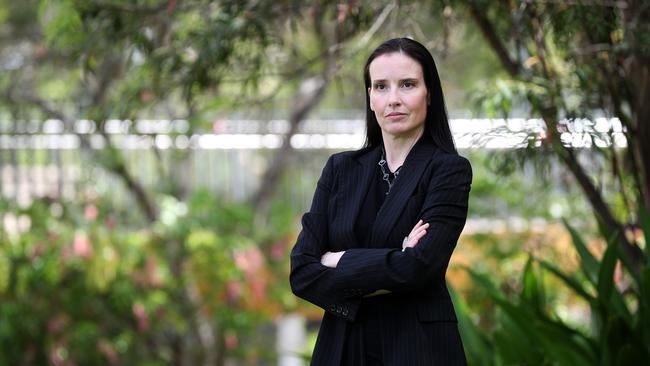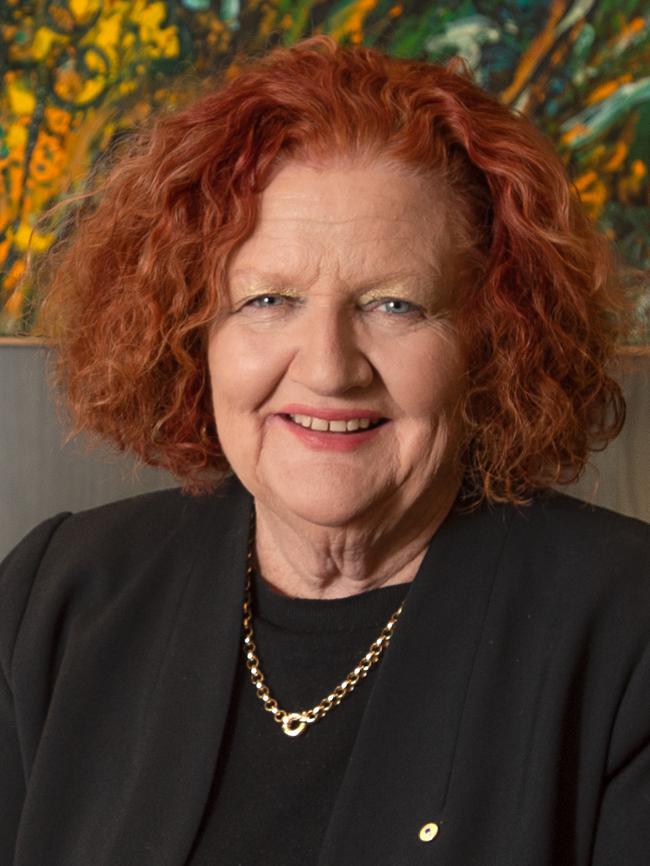Diversity targets ‘cut university expertise’, study finds
Universities are undercutting workplace standards by fast-tracking the careers of some Indigenous academics.

Universities are undercutting workplace standards by fast-tracking the careers of some Indigenous academics, a new study concludes.
The provocative Close the Gap Research paper, published by an Indigenous charitable organisation, warns that well-intentioned diversity and inclusion targets “can come at a cost’’.
“It is difficult to see how a two-tier system with lower expectations applied based on publicly declared racial heritage benefits the pursuit of high quality scholarship, deep expertise, and research excellence that universities claim to value,’’ it says.
“Political or ideological objectives should not have a bearing on minimum standards for academic performance.’’
The research paper states that “for many Aboriginal academics at senior levels, Australian universities seem to be undermining the minimum standards set out in their Enterprise Agreements, policies, and guidelines’’.
The research paper will be published on Wednesday by Close the Gap Research, a charity that counts among its board members Aboriginal business leader Bob Liddle, former deputy prime minister and Nationals leader John Anderson, and Wesley Aird, the first Indigenous graduate of the Royal Military College, Duntroon.
Dr Gary Johns, a former Keating government minister, assistant commissioner of the Productivity Commission, and head of the Australian Charities and Not-for-Profits Commission - who campaigned against the indigenous Voice to parliament last year - is the charity’s secretary.
Its research fellow, Samara McPhedran, who holds degrees in psychology and law, analysed the qualifications and experience of 118 senior Aboriginal academics working across 37 universities, and compared them to 118 non-Indigenous academics in similar roles.
Her study found 10 Indigenous academics had been appointed at a senior level before receiving their PhD, including some appointed a decade before completing a doctorate. Only one non-Indigenous academic had been appointed to a senior role before receiving a PhD.
The study found non-Indigenous academics had to wait twice as long as Indigenous academics, on average, for a promotion from Level D to the leadership Level E.

The study found that “diversity and inclusion targets that emphasise the appointment and promotion of Aboriginal academics may be influencing employment decisions and creating a culture of low expectations’’.
“Appointment of Aboriginal-identifying academics is associated with lower track record expectations and, particularly in recent years, fast-tracking relative to non-Aboriginal academics,’’ it says.
“This raises serious questions about the appearance of universities not applying equivalent standards to all academics, irrespective of identity.’’
The study was prompted by The Australian’s revelation that Queensland University of Technology vice-chancellor Margaret Sheil had abolished merit-based appointments in favour of a “more inclusive suitability assessment’’ in hiring policies last year.
The research paper states that “adopting lower expectations for Aboriginal academics appointed to senior levels, relative to non-Aboriginal academics, carries notable risks for individuals and institutions’’.
“Do universities wish to create divisions between staff because of perceptions of inequitable race-based treatment?’’ it concludes.
“Do they seek to erode public confidence that the government funding given to universities is being used to appoint the most appropriately qualified individuals?’’
The research paper says universities “may genuinely believe they are contributing to closing the gap by applying different standards based on race’’.
Dr McPhedran, the paper’s author, told The Australian that Indigenous academics are just as capable as others of high academic achievement.
But she called for greater transparency in the appointment of senior staff.
“Most universities in their enterprise agreements have expected minimum standards for each academic level … like being recognised as having made an outstanding contribution or achieving distinction in a particular field,’’ she said.
“Universities appear to be … not applying the same standards to everyone, irrespective of racial self-identification.







To join the conversation, please log in. Don't have an account? Register
Join the conversation, you are commenting as Logout